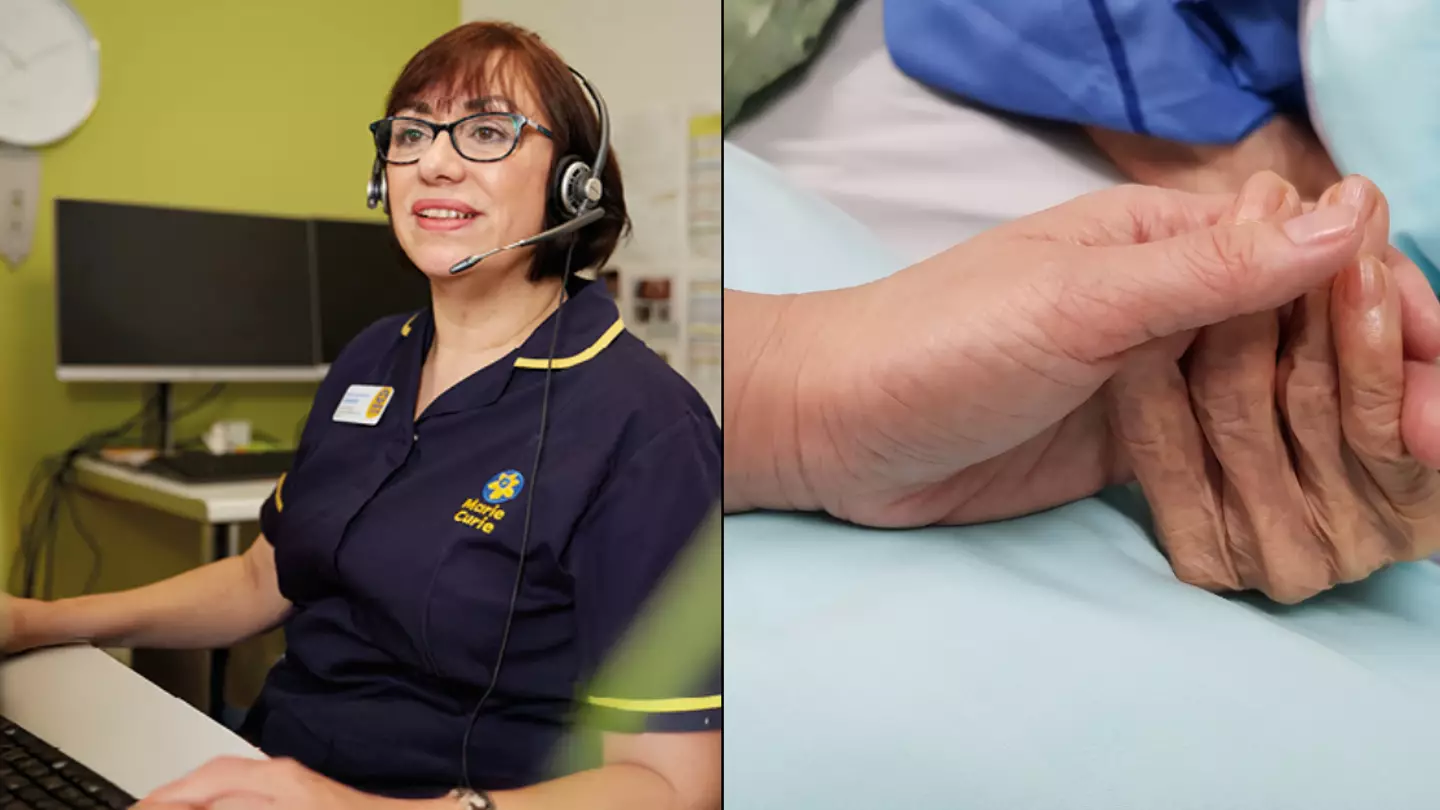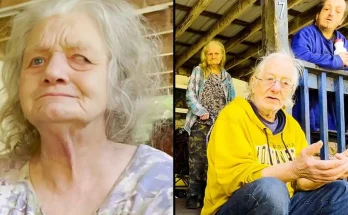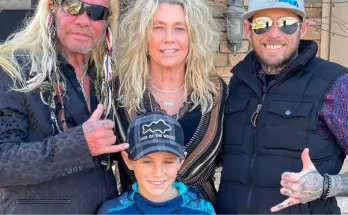
It’s going to happen to everyone in the end, though hopefully only after a long and fulfilling life full of fond memories to look back on in one’s final moments.
It’s either that or you be lucky enough that within your lifetime technology advances to a point that people can have their brains implanted into a robot body to live forever, which sounds quite unlikely if we’re being perfectly honest.
For many people their final weeks and months of life will require some more attentive care, as a person is not able to do all of the things they were once capable of.

She said that one of her main skills in the job was listening, as many people wanted someone to talk to as the end approached (Getty Stock Photo)
One of those is palliative care nurse Jan Palmer, 64, who spent 23 years in the role and is now set to retire.
Speaking to the Mail, she said she’d witnessed ‘more good deaths than not’ and that a career working in palliative care had brought her more peace about her own eventual end.
Jan said that many people’s deaths would be different, but with the right level of care most people could have a ‘good death’, which may be surprising to some people as the nurse said ‘the public doesn’t necessarily know what it could look like’.
She said: “It’s a very natural process, the dying process, and it genuinely isn’t to be feared. It’s natural to be fearful of it because we don’t always have the right information and we’ve never had that open conversation with anybody.
“But the vast majority of people have a peaceful death. A lot of people believe that all deaths are painful and that is absolutely not the case. In my humble experience, I have truly seen more good deaths than not.”
.jpg)
After 23 years on the job, Jan said she’d seen more ‘good deaths’ than bad ones (Getty Stock Photo)
Jan said she’d learned that dying was a very natural process and not something to be feared.
In her experience one of the main parts of her job has been listening, as someone nearing the end of their life ‘may have never had an opportunity to tell their story’.
Others who’ve worked in palliative care and been around to care for a person in their final moments have said that one of the most common things they’re told by someone is that they feel ‘at peace’ or say that they lived a good life in the end.
Palliative care expert Dr Simran Malhotra said that her younger patients would often say they weren’t ready to die and had more they wanted to do, but the elderly often felt content in the end.
She added that if anyone was nearing the end of their life and thinking about what to say, sharing ‘the things that matter most to them’ with their nearest and dearest was the best advice she could give.


